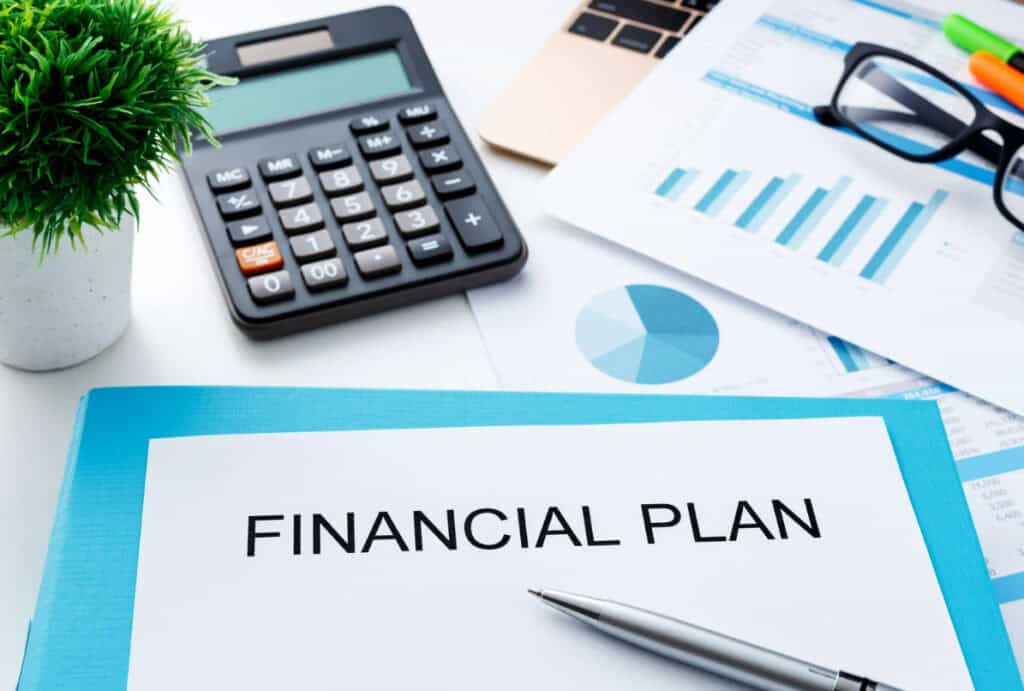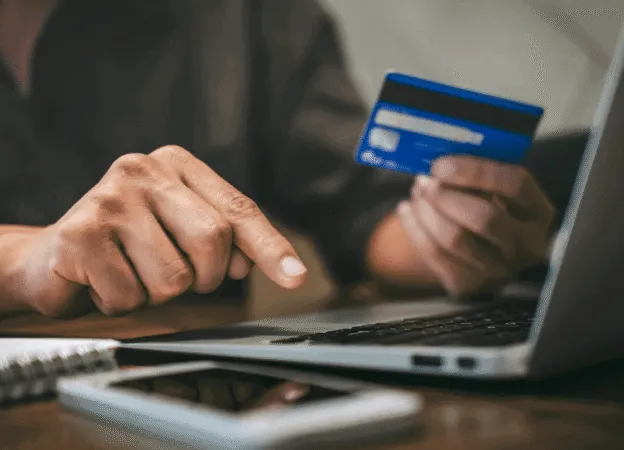Are you looking for ways to ease your financial burden? Life brings the unexpected. Eventually, we all find ourselves facing a financial setback. It could be a job loss, a medical emergency, a debt you didn’t repay on schedule, your vehicle breaking down, or something else that completely zaps your financial health.
Table of Contents
Recovering from a financial setback means planning for the future and being honest about what you can handle. Here are strategies to ease your financial burden:

Set Realistic Goals
Chances are you won’t be able to recover fully in a month or two. Always set realistic goals. Address what you need to address and get smarter about your spending. Be honest about what needs to happen to leave your present state.
Increase Your Income
If there are opportunities at work to pick up an extra shift or overtime, every dollar helps.

Look at More High-Paying Work
If you can apply and get better-paying work, do so. Apply for a promotion. Start putting your resume out there. Consider attending an interview with a new employer only if/when it makes sense.
Don’t Overwork Yourself
You may be tempted to work as much as possible. While that work ethic is positive, don’t overwork yourself. Take breaks and days off. Make time for yourself where you aren’t stressed about finances and recharge.
Start Saving with Every Paycheque
Set aside a percentage of every pay to save. Save up to 6 months of living expenses so financial setbacks like this will never impact your wallet again. This type of saving approach protects you.
Cut Unnecessary Expenses
Look at the money going out. If you have any expenses you don’t need to make, cut them. If you have any expenses, you can lower them or reduce them as much as possible. This way, you have more income to keep and divert to your financial recovery.
Evaluate Your Rent
If you rent, you can move. Look at moving somewhere cheaper to save hundreds monthly.
Avoid Minor Conveniences
Focus on the long-term way you spend your money. For example, buy groceries and make meals at home instead of eating fast food or going to a restaurant. Stop wasting money on minor conveniences and short-term benefits.
Sell Off Anything You Can
Liquidate assets you aren’t using or no longer provide value. Furniture, electronics, instruments, vehicles, and similar items may offer a sizeable cash infusion to recover from a financial setback.
Apply for Payday Loans
Applying for payday loans is another way to get cash fast – even with bad credit. Receive a quick cash infusion that covers emergency expenses and instantly recover following a negative event.
Avoid Overusing Your Credit Card
Credit cards come with high interest rates. There are other ways to get money faster than overusing a credit card to cover routine expenses. As much as you can, keep your credit cards tucked away. Pull them out only when needed.
List Your Debt Repayments
Pay off debts when possible. List your debts and pay them off on a schedule that works. Pay off high-interest debt first to avoid as much interest and penalties as possible. If you qualify, consider a debt consolidation loan.
Don’t Miss Any Monthly Bills
You get penalized when you miss a bill, and your credit score is impacted. Even in a financial setback, keep up with your critical monthly bills. Note when payments are owed. If necessary, you can automate payments.
Avoid High-Risk Investing
You may be tempted to start buying stocks, assets, and crypto and invest your time in high-risk investing. Don’t. As you’re recovering from a financial setback, it’s not the time to pursue risky investment strategies.
Talk to Your Bank
Many people turn to their banks for financial assistance. Applying for a loan or a line of credit is a potential way to access thousands of dollars that can provide some temporary stability.
Ask for Assistance from Friends and Family
If you’re not on positive terms with your bank, lack steady employment, or have poor credit scores, you might seek help from friends and family. Be careful with this, as you want to ensure your friends and family are paid back on time and that your financial difficulties don’t strain the relationship.
Your Financial Burden – Prioritize Your Health
Exercise, eat right, have a strong sleep routine, and live a healthy lifestyle. When you are healthy, you will avoid several costs related to illnesses. You will be more productive and more inclined to continue your recovery from a financial setback.

Seek Professional Advice to Resolve Financial Burden
Think about meeting with a financial advisor to get professional guidance on money management that is suited to your needs. A financial advisor can help you create a plan to manage your debts, improve your savings, and make smart choices about investments and expenses.
Professional advice can offer new perspectives and strategies you might not have thought of. It can also help you avoid common mistakes and set realistic goals for your financial recovery journey.
Create a Budget
Having a clear and detailed budget is crucial when recovering from financial troubles. List all your sources of income and group your expenses to see where your money is going. Focus on essential costs like housing, utilities, food, and transportation.
By creating a budget, you can identify areas for savings and redirect funds toward paying off debts and building an emergency fund. Review and tweak your budget regularly to stay on track with your financial recovery goals.
Be Patient with Yourself
It may take months – if not years – to overcome a difficult financial situation. All you need to do is be patient and consistent. Work through your plan towards total recovery at a time.



